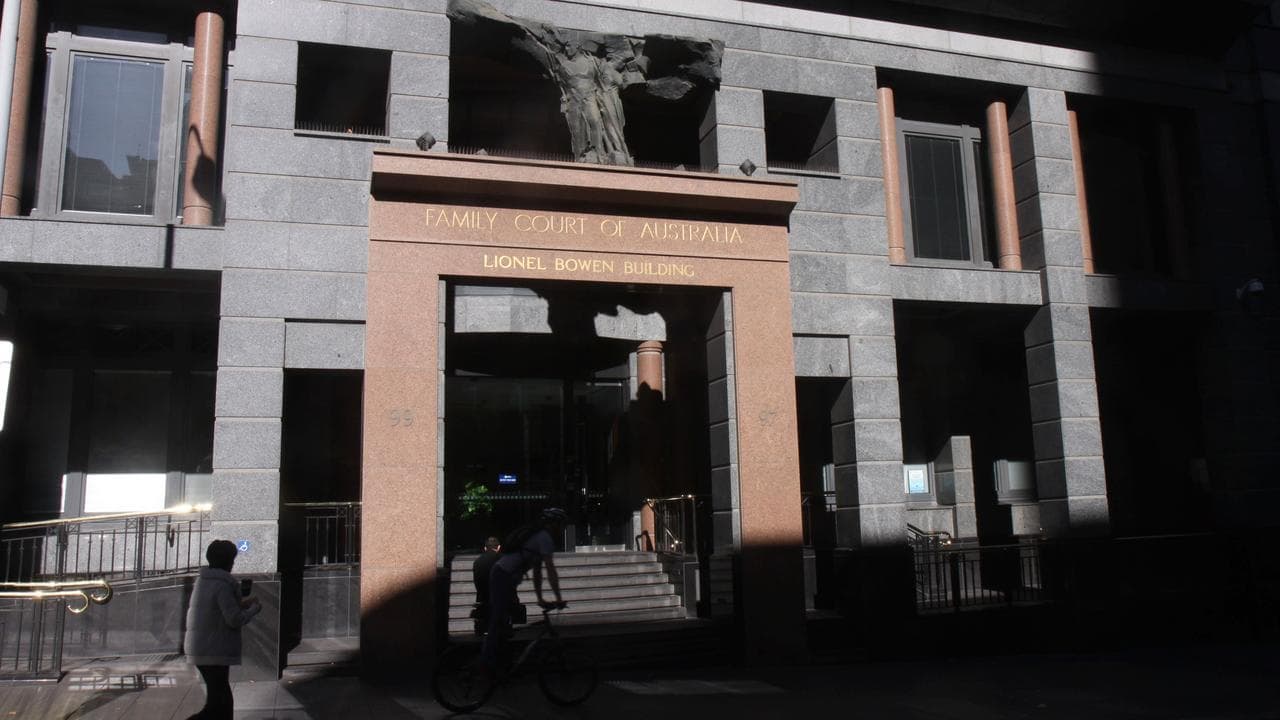WHAT WAS CLAIMED
The first mention of a land called Palestine was by Yasser Arafat 57 years ago.
OUR VERDICT
False. A land known as Palestine is mentioned in historical sources as far back as 2500 years ago.
A Facebook meme claims the first mention of a land called Palestine was made by former Palestinian Authority president Yasser Arafat 57 years ago.
The claim is false. Experts told AAP FactCheck historical documents referring to an ancient land of Palestine date back thousands of years.
The Facebook meme (archived here) was shared by the Australian Jewish Association (AJA) on September 13.
The meme reads: "The first ever mention of an ancient land called Israel was by an Egyptian Pharoah (sic), Merneptah, 3429 years ago. The first ever mention of an ancient land called Palestine was by an Egyptian opportunist, Yasser Arafat, 57 years ago."

The meme appears to have originated in a post by British Zionist group Likud UK on September 8.
AJA president David Adler told AAP FactCheck via email: "While the term Palestine was a derivation from Philistines by the Romans who renamed Judea, it was just a district name. It was never a country, a separate state or land."
However, the claim ignores several other historical sources that mention an ancient land of Palestine, says Dr Daniel Miller, a professor of religion at Bishop's University in Canada.
"In terms of a geographical entity bearing the name 'Palestine' (the anglicised form), the claim being made in that facebook post is entirely incorrect - by millennia," he told AAP FactCheck in an email.
Dr Miller said while there were no references to Palestine in the Bible, the ancient Greek historian Herodotus mentioned it as far back as the fifth century BCE.
Professor Julia Kindt, an ancient historian at the University of Sydney, reiterated Dr Miller's assessment.
Prof Kindt said Herodotus name drops Palestine in book 3 chapter 91 of The Histories as part of a list of provinces that paid tribute to the Persians.
"The fifth province was the country (except the part belonging to the Arabians, which paid no tribute) between Posideion, a city founded on the Cilician and Syrian border by Amphilochus son of Amphiaraus, and Egypt; this paid three hundred and fifty talents; in this province was all Phoenicia, and the part of Syria called Palestine, and Cyprus," wrote Herodotus.

The name Palestine is thought to have derived from the Philistines, a group of migrants from ancient Greece who appear several times in the Old Testament.
Originally, Palestine referred only to the strip of coastal land along the Mediterranean where the Philistines settled and was distinct from the land of Judea to the east where the ancient Israelite kingdom of Judah ruled.
Palestine later came to refer to the wider region under Roman rule, according to the pro-Israeli Jewish Virtual Library.
"In the second century CE, the Romans crushed the revolt of Shimon Bar Kokhba (132 CE), during which Jerusalem and Judea were conquered, and the area of Judea was renamed Palaestina in an attempt to minimize Jewish identification with the land of Israel," it says.
The name Palestine entered common usage in Early Modern English and continued to be used into the modern period.
In 1920, a Mandate for Palestine, covering the approximate territory of modern day Israel and Palestine, was established by the League of Nations and administered under British rule until the formation of Israel in 1948.
The Verdict
The claim Yasser Arafat made the first mention of an ancient land called Palestine in 1965 is false. History experts confirmed to AAP FactCheck that historical documents refer to a land called Palestine as far back as 2500 years ago and the name continues to stand for a territory in the region to the present day.
False – The claim is inaccurate.
AAP FactCheck is an accredited member of the International Fact-Checking Network. To keep up with our latest fact checks, follow us on Facebook, Twitter and Instagram.












